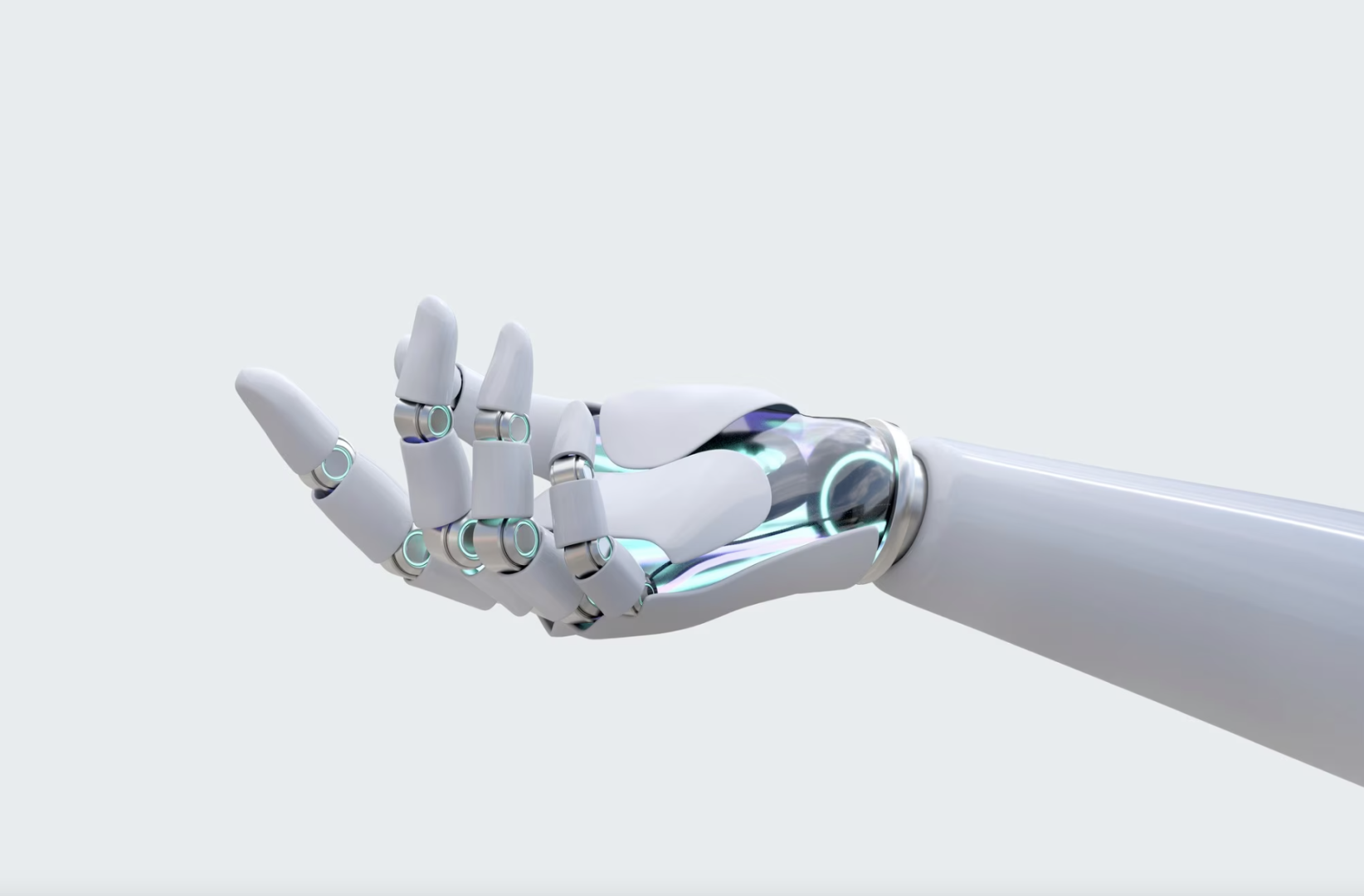Comments
- No comments found

There is a recent article on Bloomberg, AI Isn’t Sentient. Blame Its Creators for Making People Think It Is, where the authors stated that, "One thing hasn’t changed: Machines are not conscious.
The ability to generate human-like responses is a result of what computers do best: finding patterns in enormous data sets. It’s a very sophisticated version of Google auto-complete, able to guess the next series of words that best satisfies what the user wants."
"Pretending to be human does not make a thing conscious. The science of how the brain works is one route to understanding how and why we experience emotions like joy and suffering. It offers clues about what sparks creativity, imagination and curiosity. But even neuroscience has its limits. Computers can’t think or feel the ways humans do."
Though it would be more appropriate to say the mind drives experiences, as well as creativity not the brain, the ultimate decision maker if AI is sentient is what consists of sentience and if AI has some of it.
Consciousness is driven by the human mind. Divisions of conscious experiences include feelings, emotions, perceptions, sensations, memory, intelligence, creativity, and so forth. The divisions result in a total. Though some are subsumed within others—like intelligence and creativity within memory—each division has a rate, varying across states of consciousness.
Consciousness can be defined as the measure with which any system can know, with a maximum value of 1. It is knowing that defines sentience or consciousness. Anything must be known within the mind even if it does not get to the degree of awareness or attention to the individual. When it does, like 'joy or suffering', it is also known, though prioritization may determine its extent. Subjective experiences also have to be known, the sense of self or the-I in experiences are provisioned by the mind—to be known. Sometimes, there is detachment in an experience and no sense of self, meaning the property was not acquired.
Conceptually, the components of the human mind are quantities and properties. Quantities relay to acquire properties to degrees to drive experiences. The labels of memory, emotion, feeling, reaction and so forth are properties obtainable to extents across mind locations. In the mind, properties are simply acquired—the labels are useful to delineate—but the components of mind make determinations.
Simply, consciousness can be expressed as: t + M + F + E = 1, where t is thought, but never a standalone parameter, because it is often a quantity bearing properties. M, F and E are memory, feelings and emotions respectively.
The components of the human mind prepare t, M, F and E. Equivalents of the components prepare equivalents of those in animals and plants. Systems like large language models (LLMs) without quantities and properties of mind, with their lack of thought, feelings and emotions do not mean they do not have M, which arrived another way. Their M is also diverse in how they seem to relate, understand, communicate and carry out certain tasks.
LLMs may have made their outcome by 'finding patterns in enormous data sets' but they reputedly have aspects of M. In the human mind, sometimes, experiences are not necessarily because of an external situation, they depend on what quantity acquires what property. Like loneliness, it may not be a result of the external—whether people are there or not—but the internal. So, an outcome is experienced, even if the situation may be different—or its external intensity contrasts with the degree in the mind.
For LLMs, their single-high M is probably higher than the total sentience of some animals and plants. Their high M too, mirroring parts of human intelligence, is already higher than the M of several plants and animals.
Leave your comments
Post comment as a guest